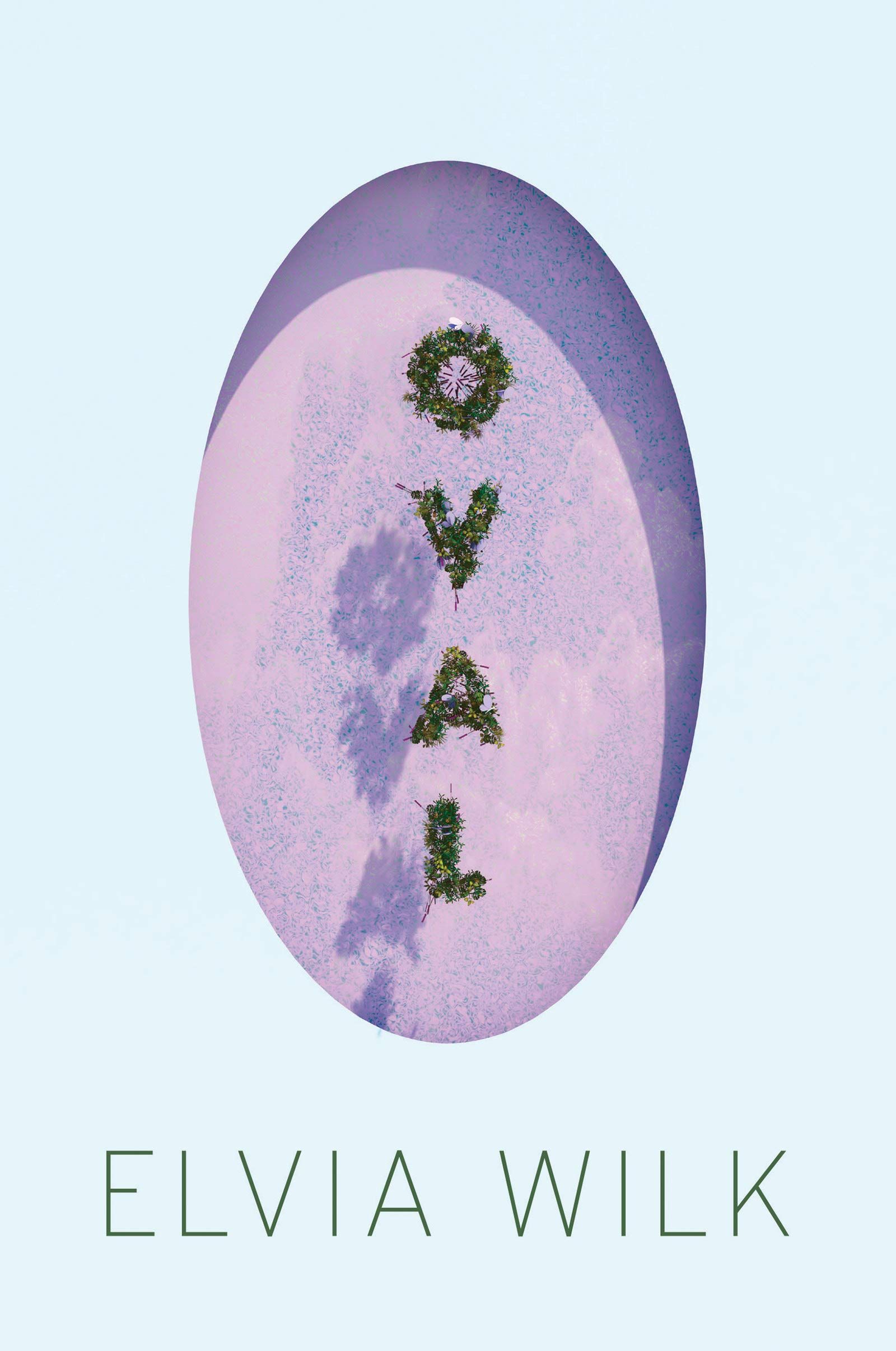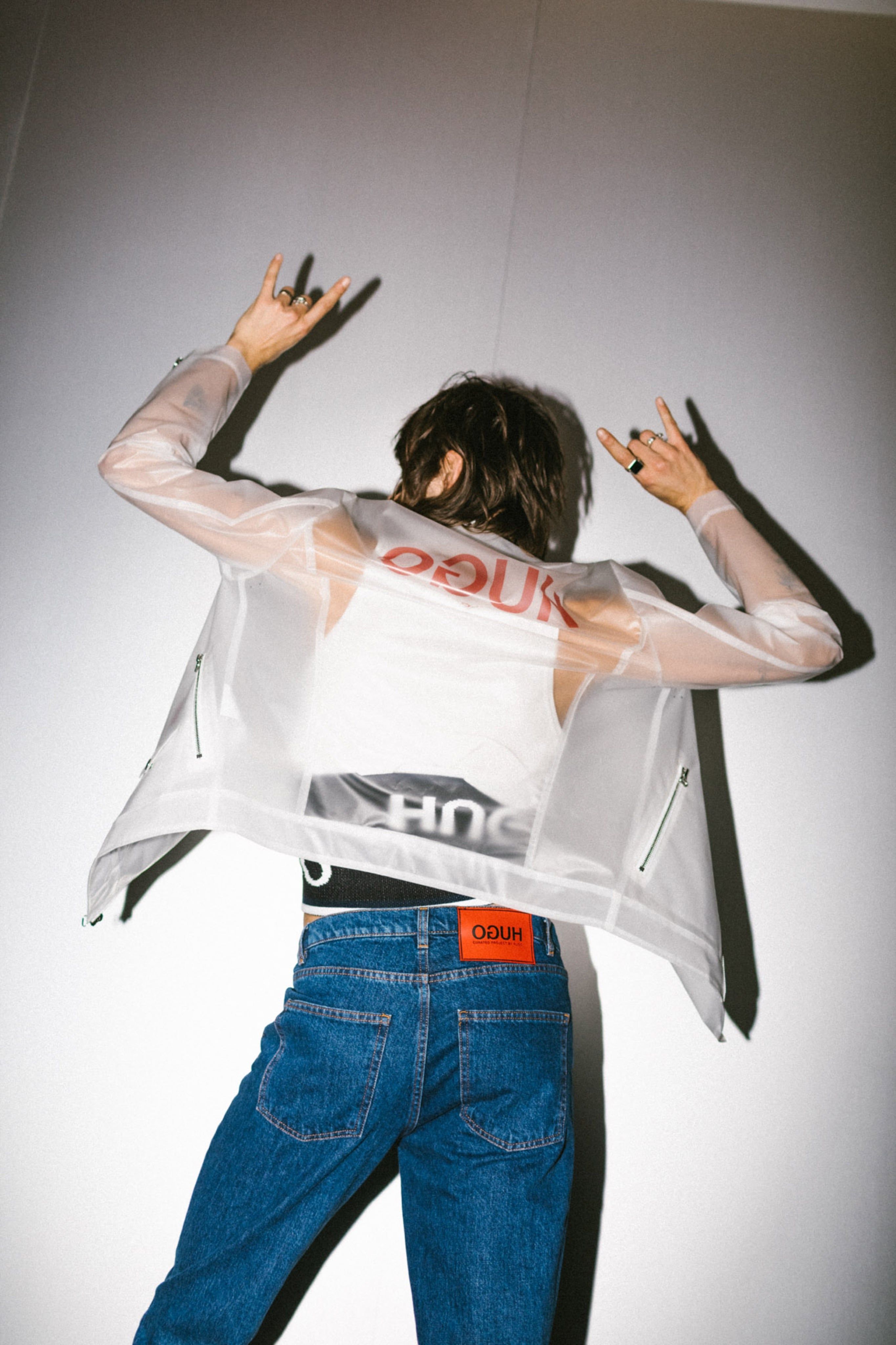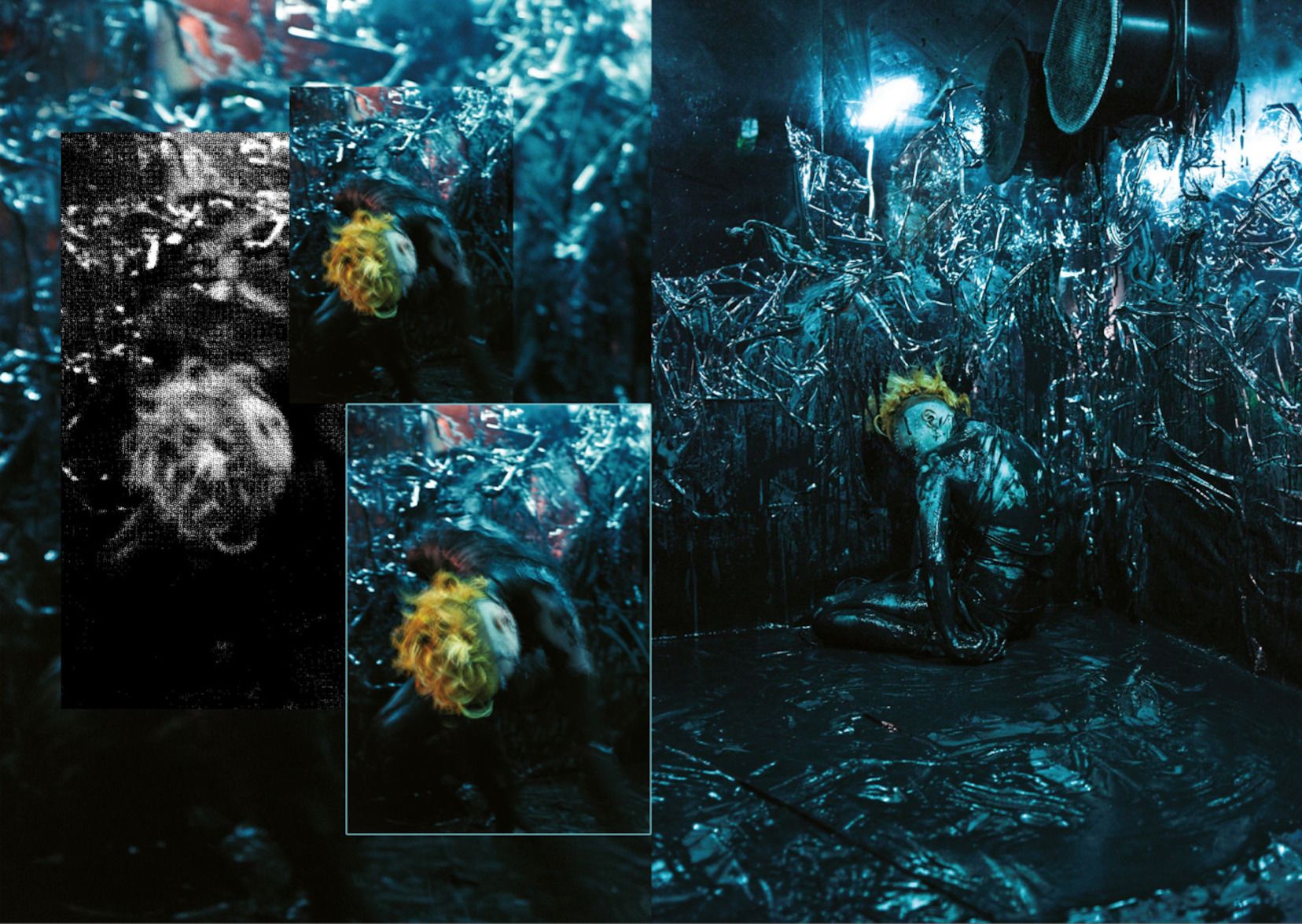“We trust our friends. And we trust ourselves.” ELVIA WILK on Berlin’s Cultural Class, Grief, and her Debut Novel
|Shane Anderson

When I called the writer Elvia Wilk to discuss her debut novel Oval, nothing was working. All calls and video chats with FaceTime, Skype and WhatsApp failed, and we were only able to connect through Facebook Messenger’s video service. As Wilk’s image finally stopped buffering, I could vaguely see her standing on the fire escape of her apartment in Prospect Heights, Brooklyn. Wilk informed me that it was a strange day: a friend had died the day before and she was grieving. As she gradually became less blurry, I saw that she was surrounded by her houseplants. They had been infected with a kind of fungus from the incessant heat of recent weeks and she had moved them outside. I felt terrible for thinking it, but all of this was too perfect – scripted, almost, as though right out of her novel. But that’s life, I guess.
Oval takes place in a near-future Berlin, where all of the artists have started working as consultants at startups and the weather is unusual. The novel focuses on the couple Anja and Louis, who live in an experimental ecological housing project on a man-made mountain on Berlin’s Tempelhofer Feld – a project that hardly works, despite all of its claims to technological and ecological advancement. The story begins with Louis’ return from his mother’s funeral in his native USA, and ends with his attempt to create a designer drug, “oval,” to elicit empathy and end Berlin’s income inequality. But the real focus of the book is Anja, a scientist who has been made redundant at her job and who has a tight network of friends. Oval is a coming-of-age novel for a world at the precipice of its own end.

Is there anything in the book that hasn’t been addressed that seems weird to you?
People keep talking about the book in terms of climate catastrophe – which is part of it, but it’s also just part of the world – and describing its dystopian elements as a tragedy. But for me the tragedy is the structures of relationships that we’re given, and the fact that we’re unable to sustain the ones we want to have. The gender dynamics of the couple and their processing of grief haven’t been very present in the discussions. The novel is about loss, grief, and pain – and there’s humor and love and absurdity in it.
It’s also about relationships. The book announces the importance of relationships from the very beginning. After all, the novel’s dedication is “For My Friends.”
It was always an elegy and an homage and a love letter to a certain time of my life when I learned to have love relationships with my friends, relationships that weren’t hetero-couplings. That was a revelation. The book isn’t a diatribe against couples, but promotes communities and networks and small groups of people caring for each other, which are more sustainable. There are other ways we can be together.
There’s a lack of trust in what’s normally accepted. The reader also has a hard time trusting the “well-intentioned” words of the male protagonist who wants to change the world.
The character Louis is a particular confluence of various structures – the art world, philanthropic capitalism, being an expat, etc. He really thinks he can make all interests align: his own interests, his girlfriend’s interests, the interests of the culture class and of homeless people, and the interests of the corporation he works for. But I do not believe all those things can align. The needs of the planet do not align with the needs of Shell Oil.
I guess the question remains: who do we trust?
We trust our friends. And we trust ourselves.
What’s the next weird space you’d like to investigate?
I’m thinking really hard again about the role of art today. Art’s role is changing. In the face of planetary catastrophe, the climate crisis, and nationalism, there are a few needs for art – and this should be ethical and politically engaged. So I’ve been thinking about new weird scenarios where this could be hashed out. Alternatively, I’ve considered being housed by an institution whose aims I’m not serving, to feel that on a personal level. It feels like the logical conclusion of this project.
Credits
- Text: Shane Anderson


